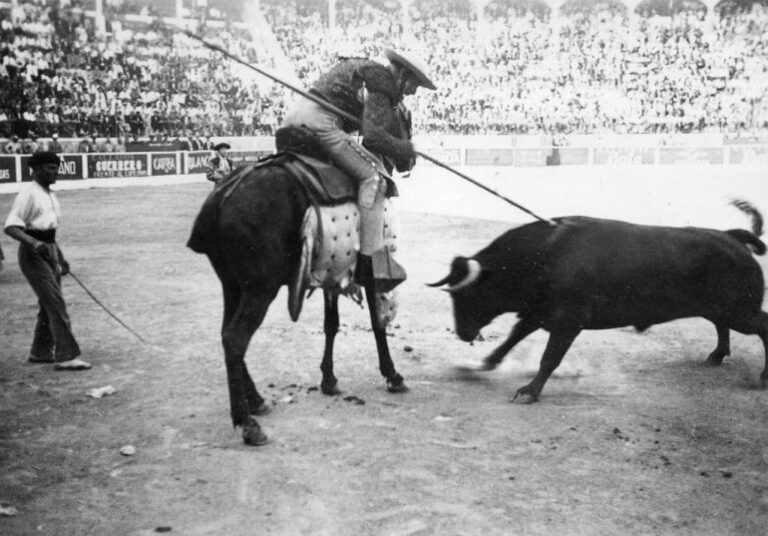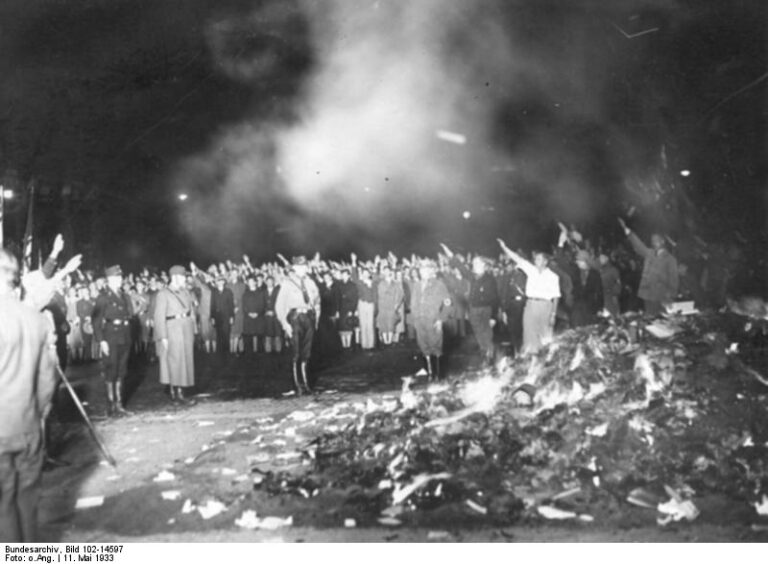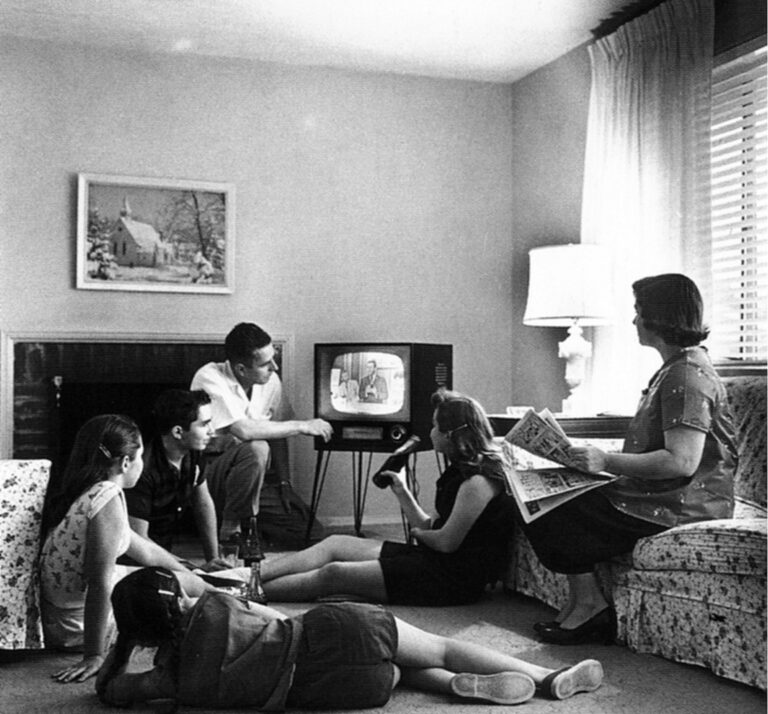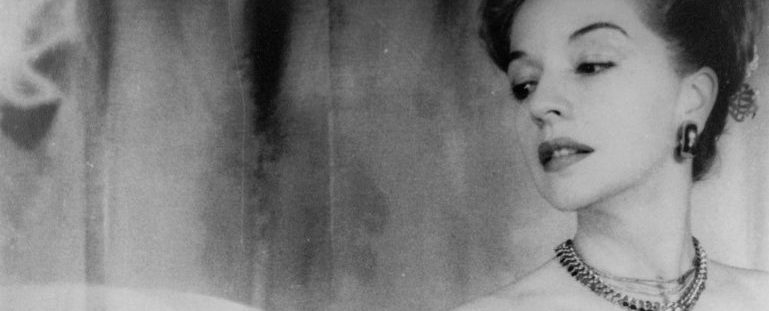Ethnographic Writing and Poetic Discipline
One of the most important parts of my education, both as a writer and a human being, has been studying anthropology–and in particular, learning to write ethnographically.

One of the most important parts of my education, both as a writer and a human being, has been studying anthropology–and in particular, learning to write ethnographically.

There are so many traumas coming to the center of our political life now, and what I am attempting to say, through the hundred breakdowns of speech, is that there are places where language is undone. The horror of it is always there, lives in the breath and the street, the news and the document.

In that moment, with the strings swelling to crescendo in your mind as you read it, as Dee Moray the beautiful (but not too beautiful) American actress steps off the boat and onto the shore, Walter writes how Pasquale, the dreamer, fell in love “Not so much with the woman… but with the moment”.

If we look at the wider socio-political context of Lolita blogs, in which the bodies of young girls are continually claimed, fetishized, vilified, it makes perfect sense that a young girl would relate to a character who has had the same done to her. I know I did. I know I still do.

In the age of Donald Trump, of Brexit, of a refugee crisis that is a key force governing international decisions — nations, demarcations of identity, loyalty, apparent belonging are the lifeblood of political discourse. And I despise it. I want to reject it on a visceral level.

It had been a rough week, and there, there, perfect and waiting for me, was a short robe on the sale rack, tissue-thin, in a pale turquoise redolent of Cannes, or what I imagine Cannes to be like, with sleeves made to drape on a languid arm.
No products in the cart.